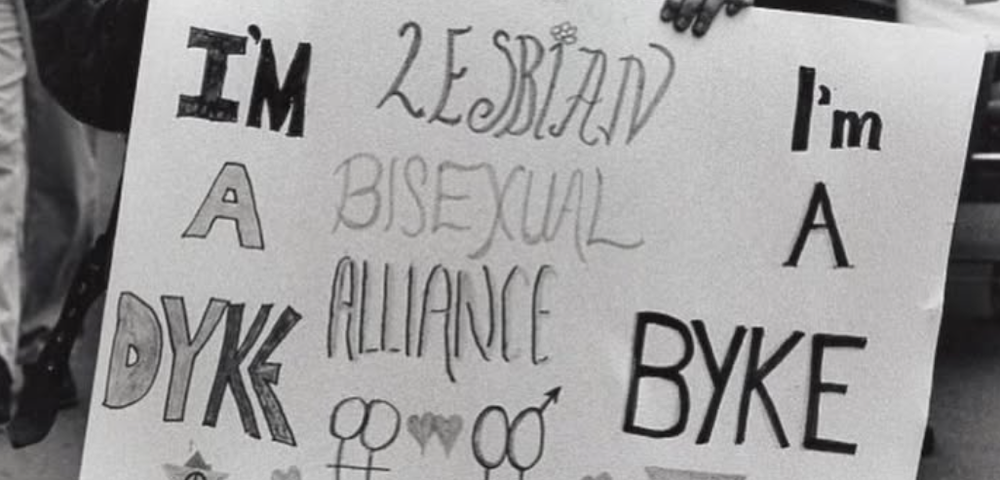

Scamming attacks are definitely becoming more prevalent.
Recent weeks have seen both myself and my friends the target of multiple scams, with increasing variety, sophistication and frequency. These include mobile phone scams purporting to be from a family member seeking urgent financial support through internet gay dating sites.
Three examples from the many:
- A young man, supposedly travelling from Europe to Melbourne, stops in West Africa to see his parents. Three days of silence while he “flies home”. He restarts contact and immediately asks for financial assistance to pay his first week’s rent and urgent exam fees. “I’ll refund you as soon as I get my first paycheck”. There’s a clue there in the spelling of cheque.
- I received an email from “Your Friendly Scammer” (yes, he actually used that term), stating a correct password and asking for $2000, or he would infect my computer within 48 hours. Subsequently, I discovered from my bank credit card site that in 2016 Adult Friend Finder data was stolen, and therefore it was likely my credit card details were compromised. Fortunately, I’d changed my password multiple times since then.
- A closeted middle-aged married friend admitted giving his mobile number to a younger local gay hookup. Within days, he received an email asking him for money otherwise his double life would be exposed. He refused to pay the scammer anything and consequently lived in considerable fear of exposure for the next week or two. In this internet age, just a telephone number can connect the lifestyle dots and make bi-married men a prime target for extortion.
Don’t Lower Your Scam-Guard
A common thread seems to be the dating sites specialising in older men seeking the too-good-to-be-true attractive young guys. Chats quickly segue into an ego-boosting conversation as they begin to lay out an entrapment path and therefore lower your “scam guard”. It’s only money they’re after, so be cautious.
We all need to be vigilant and never give bank details or make ‘urgent’ payments before double-checking. Regularly upgrade your passwords, especially to dating sites.
If fleeced, immediately contact your bank and the Commonwealth Government ScamWatch website. Webmasters on these dating sites should also be informed.
If something doesn’t sound right, is too good to be true or just plain looks wrong, listen to your instinct and take precautions.
We all need to be constantly alert or we will pay a heavy financial price.









